
Delicious Certified Organic Ferments
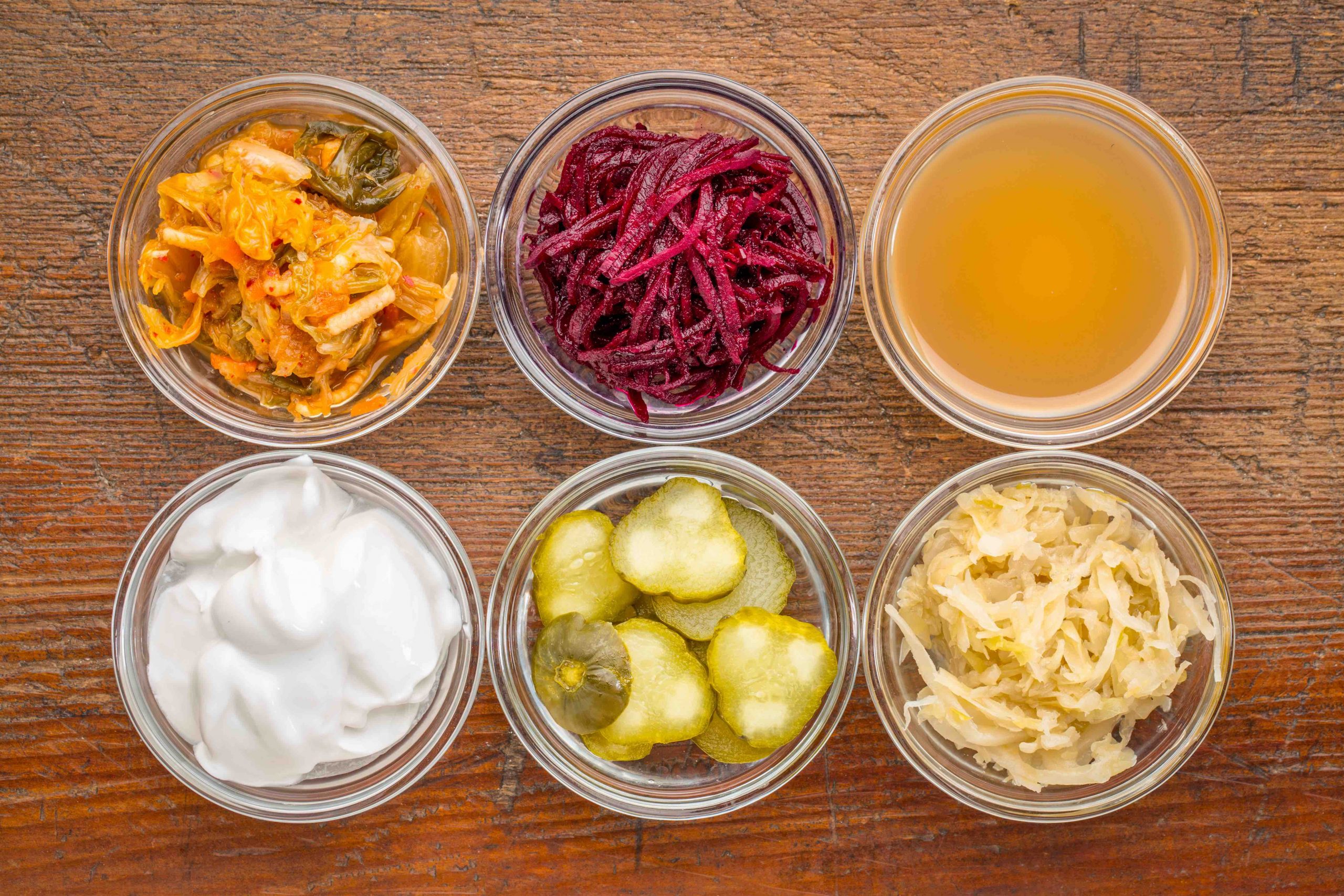
Millions of nerves and neurons run between your gut and brain. Neurotransmitters and other chemicals produced in your gut also affect your brain. By altering the types of bacteria in your gut, it may be possible to improve your brain health.
Share this article!

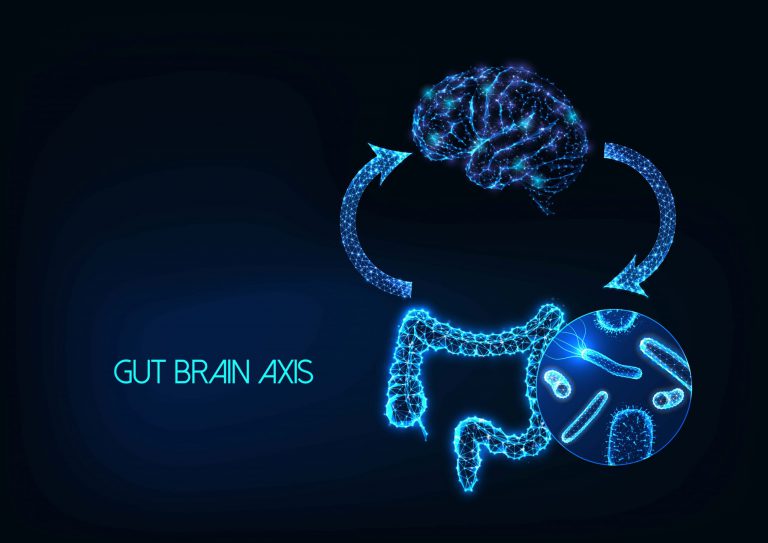
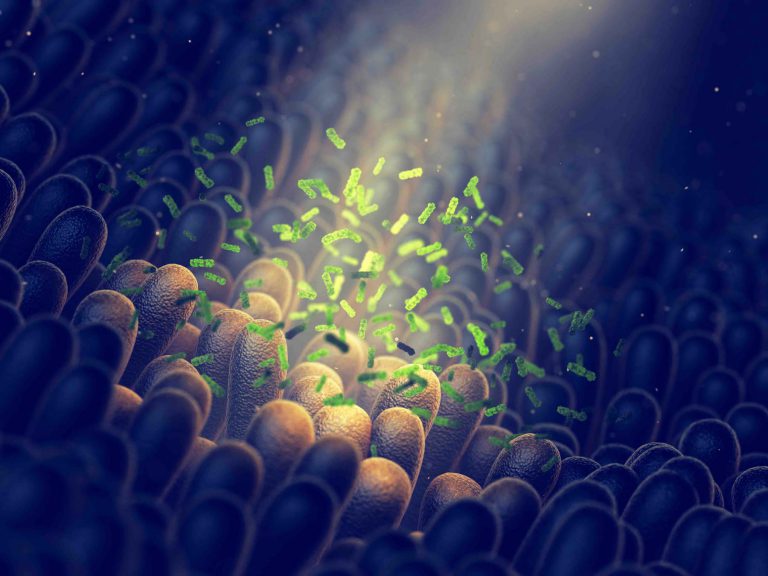
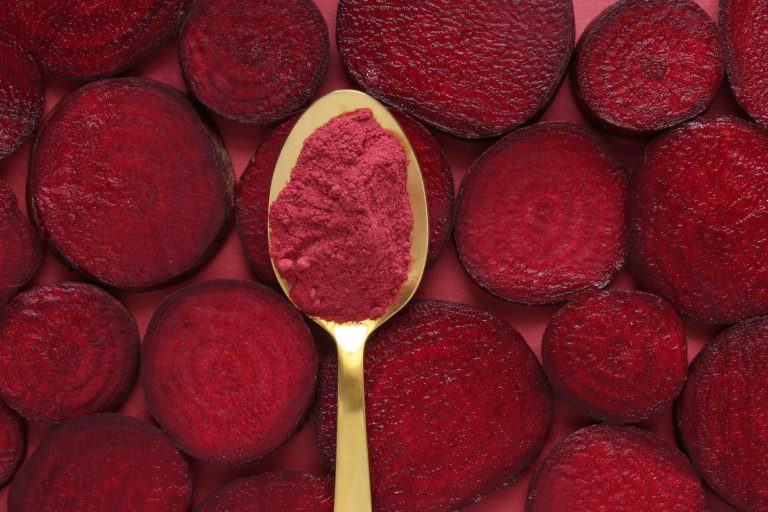
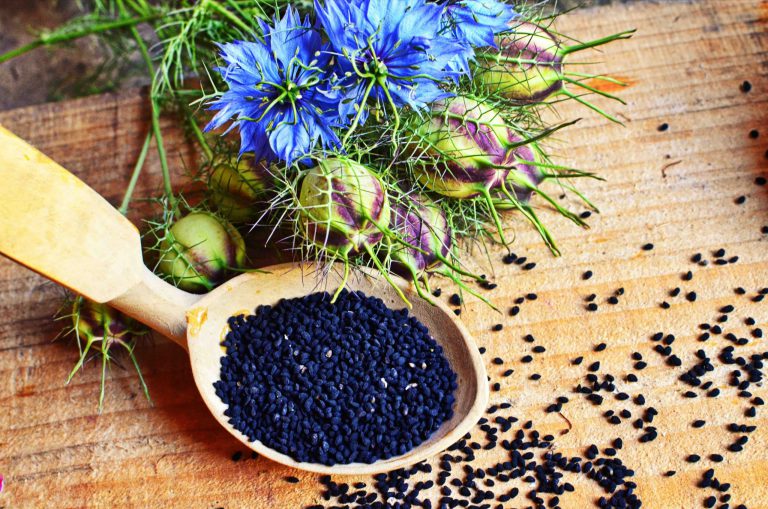
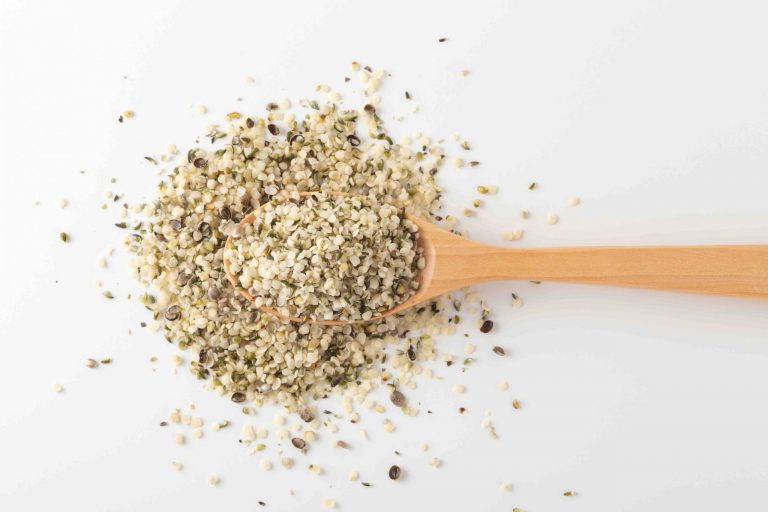
20% OFF ALL ONLINE ORDERS
USE COUPON CODE AT CHECKOUT